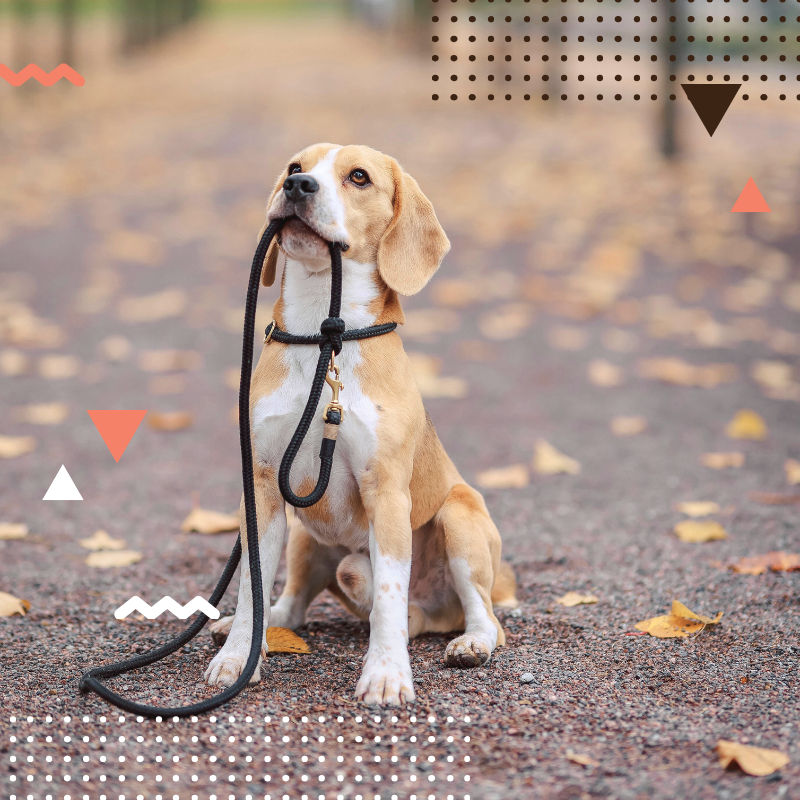A Complete Guide For Newbie Pet Parents
- Pretty Paws

- Jul 19, 2023
- 3 min read

Welcome to the charming world of pet parenthood! In this concise guide, we'll address common issues you might face and provide helpful advice to ensure you and your new friend embark on a joyful and harmonious journey together.
Conduct thorough research
Each pet is unique. Spend time understanding the breed that you're interested in. What are their personality traits, exercise needs, grooming demands, and potential health issues? Knowing what you are getting into will ensure you can provide the best possible care for your new companion.
Stock up on essentials
Have the following items ready:
Food (wet, dry, or a combination of both)
Food bowl
Water bowl or water fountain
Pet bed
Grooming supplies (dog or cat brush, nail clippers, ear cleaner, pet-safe toothbrush and toothpaste)
Toys
Training treats for reward-based training
Clicker as an aid in positive reinforcement training (optional)
In addition, you will need these items if you have adopted a cat:
Cat litter
Litter box and litter scoop
Scratching post (ideally more than one, placed in different locations)
Cat carrier
New dog owners will need to add these items to their shopping list:
Collar or harness with a leash (make sure it is suitable for the breed, size, and age of your dog)
Waste bags for picking up after your dog during walks
Puppy pads (for puppies)
Prepare your children for a new pet
Help your children understand what to expect and how to interact with their new companion. Assign age-appropriate tasks to each child so they feel involved. Establish ground rules for interacting with the new pet, such as gentle handling, not disturbing the pet while eating or sleeping, and avoiding loud noises or sudden movements that may startle them. Encourage empathy and kindness towards the new pet, and show them how to interpret the pet's body language. Initially, supervise all interactions between the children and the new pet. This will ensure that both the pet and the children feel safe and comfortable in each other's presence.
Build a strong bond
Spend quality time together daily; play, cuddle, and engage in gentle, positive reinforcement-based training. Remember, patience and affection go a long way in fostering trust and a lasting connection.
Provide good nutrition and health care
Consult a veterinarian or research online to determine the best diet for your pet's age, breed, and health condition. Do not rely on the claims of health benefits made by pet food brands - always check the ingredients to verify if the claims are not just a marketing tactic. Up-to-date vaccination and regular veterinary check-ups are also vital to monitor your pet's health and address any potential issues early on.
Offer exercise and mental stimulation
Dogs and cats require regular exercise and mental stimulation to stay happy and healthy. Engage your dog in daily walks and playtime to expend their energy. Cats will enjoy interactive play with wand toys, fetch games, and scratching posts.
Socialise your pet
Introduce your pet to various environments, people, and other animals, but do so gradually and in a controlled manner. It will help them develop into well-adjusted and self-assured companions. Otherwise, your pet might become highly anxious and reactive and struggle with interactions with other pets and people.
Keep a regular grooming schedule
Have your pet groomed at least once a month by a professional groomer. Start early, at around two months old, to help your pet get used to the process. Skipping this step may result in potential problems such as knotted fur, overgrown nails, and skin infections. In addition to obvious health risks, all these issues will cause significant discomfort to your four-legged friend.
Address unwanted behaviours
While it's tempting to spoil your new pet with treats and belly rubs, it's equally important to establish consistent boundaries and expectations through training. Barking, scratching furniture, litter box issues, and other unwanted behaviours can be addressed with patience and positive reinforcement. Remember, consistency is the key for your pet to understand what’s expected of them, so be patient. If necessary, consult a professional trainer or behaviourist for guidance.
Prepare for travelling
If you plan to travel with your pet, ensure they are comfortable with car rides and have been crate trained. Always secure them with proper restraints and never leave them alone in a hot vehicle.
Be patient
There is no perfect way to be a pet owner. It may feel overwhelming at times. You will face unexpected challenges along the way and likely make some mistakes. But it is definitely worth it! Embrace the adventure of pet parenthood with an open heart and a willingness to learn, and you will create a rewarding and lasting bond that will enrich both of your lives.


